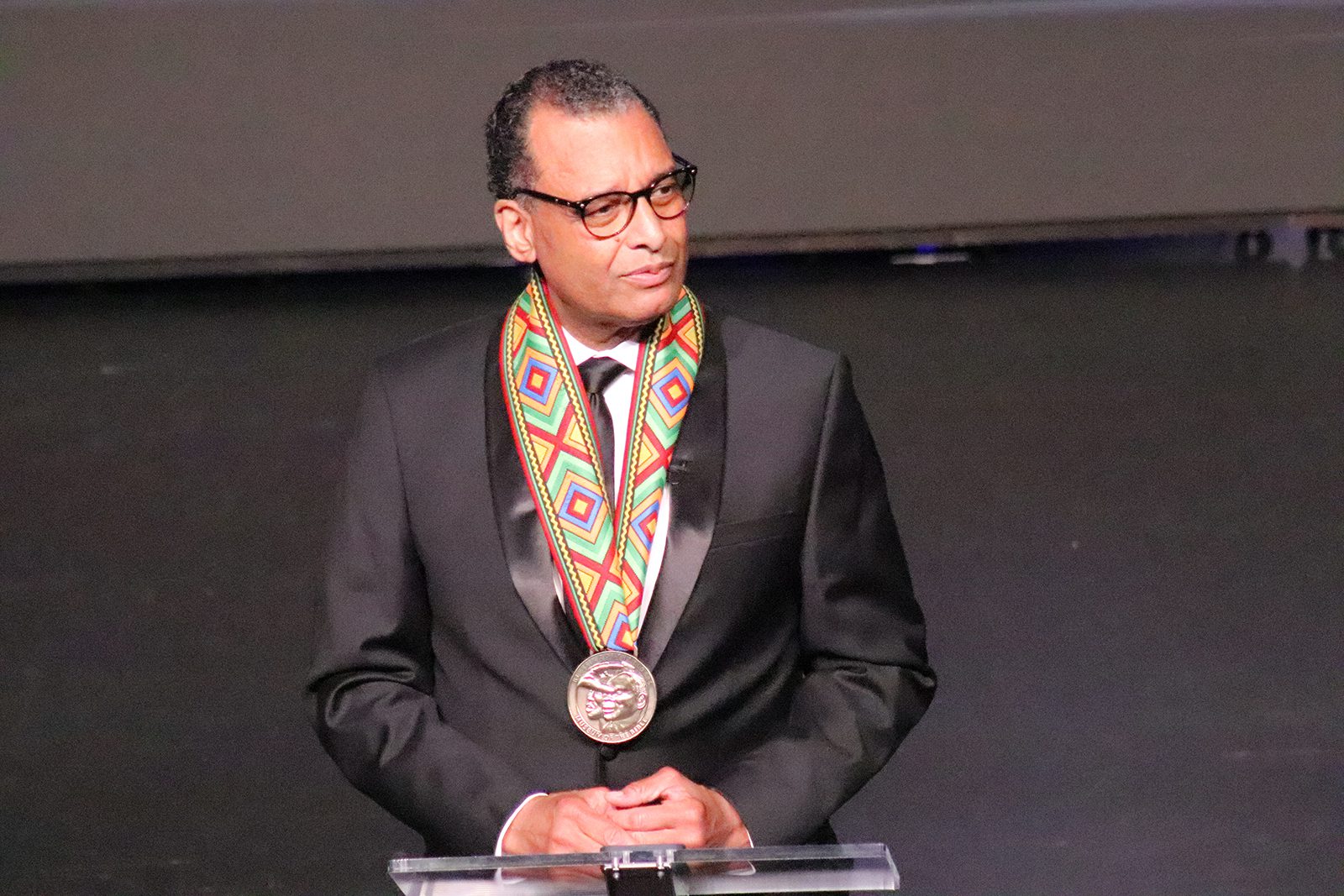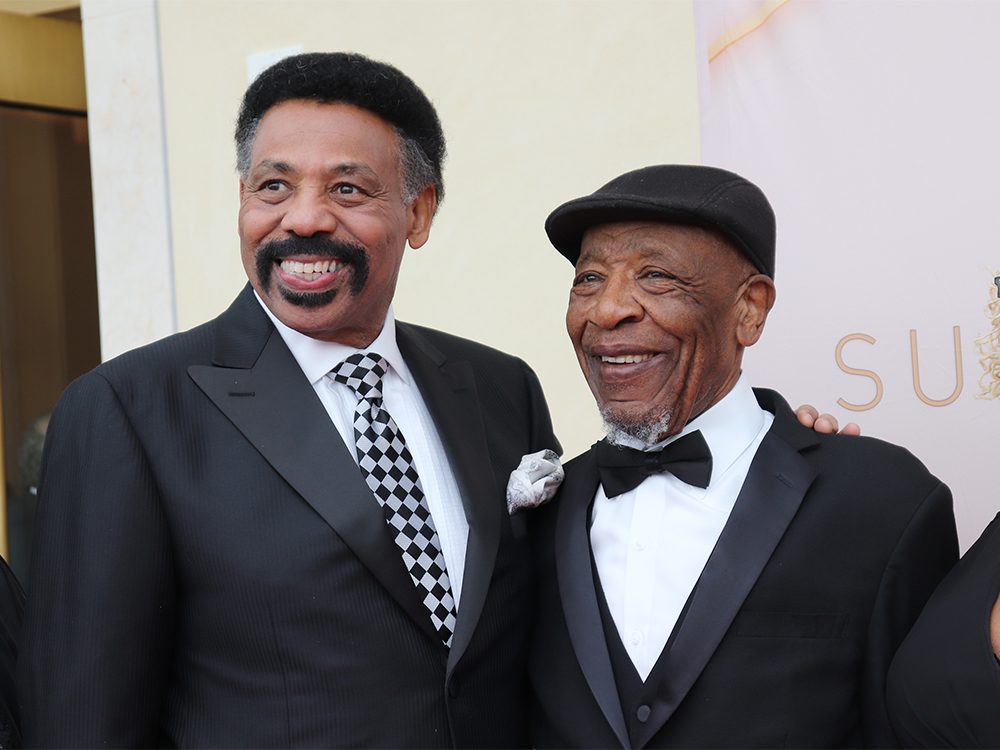WASHINGTON (RNS) — Well-known names from the world of gospel music and the Black church gathered at the Museum of the Bible to hail the contributions of African American churches and to call for continued efforts toward building unity and bridging divides.
The “Blessing of the Elders,” an awards celebration held Thursday (June 23) just blocks from the U.S. Capitol, specifically honored seven leaders known for their contributions in megachurches, denominational leadership, civil rights, music and religious broadcasting.
The Rev. A.R. Bernard, an honoree and a Brooklyn, New York, pastor, described the Black church, in its varied expressions, as a repository of Black culture in America.
“Embracing Christianity, Blacks didn’t seek to imitate white Christianity — oh no, instead we created a parallel religious culture, our own brand of Christianity with our own hymns, music, style of worship, much influenced by the challenge of slavery,” Bernard said in the museum’s World Stage Theater.

Pastor A.R. Bernard speaks after being honored at the “Blessing of the Elders” awards ceremony at the Museum of the Bible, Thursday, June 23, 2022, in Washington. RNS photo by Adelle M. Banks
“Christianity gave Blacks hope in the midst of a hopeless situation, and we’re not done yet. I believe the 21st century will see the Black church lead the way to hope and healing in a deeply divided nation.”
One honoree, Bishop Charles E. Blake Sr., the former top leader of the Church of God in Christ, was unable to attend due to medical reasons.
“Bishop Blake wanted me to tell you he was sorry he couldn’t be here,” said Harry Hargrave, chief executive officer of the Museum of the Bible. “He’s coming off of COVID. He’s feeling much better.”
Jon Sharpe, the museum’s chief relations officer, and the Rev. Tony Lowden, pastor of the Georgia church where former President Jimmy Carter is a member, took the stage to explain how the predominantly Black gathering came to be.
Sharpe said he had a vision two decades ago that “the Black church is going to lead spiritual renewal in America.”
The museum executive, who is white, shared his idea over dinner with Lowden, an African American man who had attended a 2020 fatherhood conference at the museum. Lowden said the concept — which Bernard now calls a “movement” — resonated with him.
“There was a move that we had to answer, asking us to come together, go around the nation to talk about how we can bring the Black church together to lead,” Lowden said.

Honorees Tony Evans, left, and John Perkins pose together ahead of the “Blessing of the Elders” awards ceremony at the Museum of the Bible, Thursday, June 23, 2022, in Washington. RNS photo by Adelle M. Banks
Over the course of the more than three-hour ceremony, coming together and overcoming were recurrent themes.

